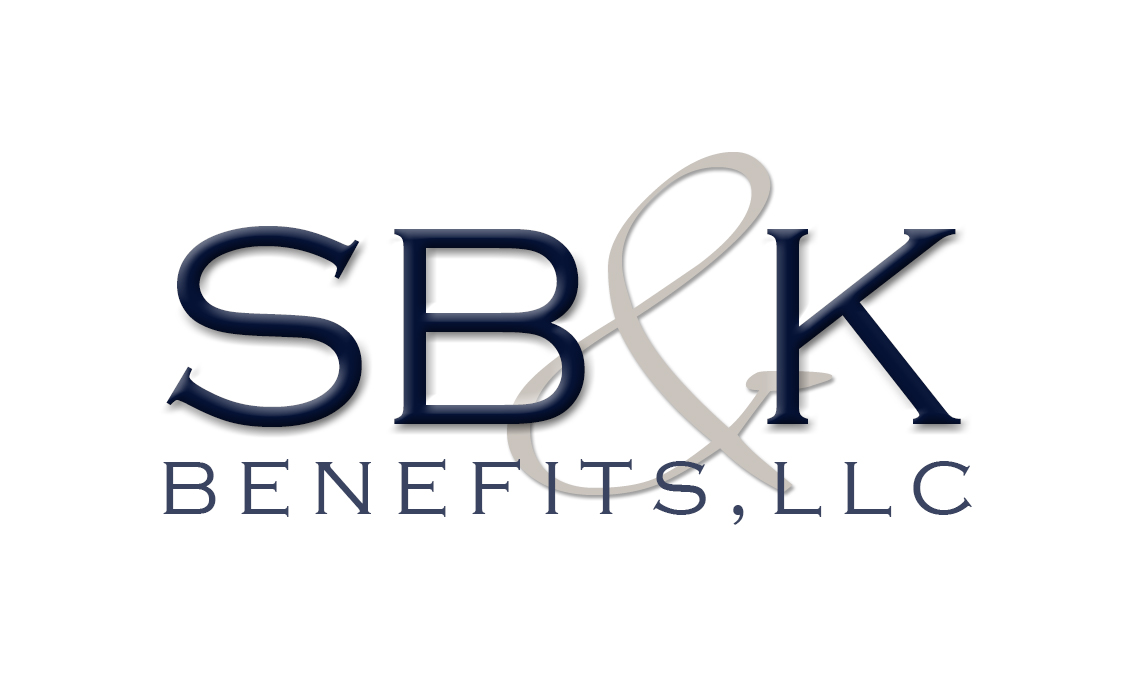The proposed rules on use of financial incentives within workplace wellness programs were published by the Equal Employment Opportunity Commission (EEOC) on April 16, 2015. These rules align the wellness provisions of the Affordable Care Act (ACA) and the Health Insurance Portability and Accountability Act (HIPAA) with the nondiscrimination rules in the Americans with Disabilities Act (ADA).
The proposed rules amend the ADA regulations to provide guidance on the extent to which employers may use incentives to encourage employees to participate in wellness programs that include disability-related inquiries and/or medical examinations.
The ADA restricts employers from obtaining medical information from employees by generally prohibiting them from making disability-related inquiries or requiring medical examinations. The statute, however, provides an exception to this rule by stating that a “covered entity may conduct voluntary medical examinations, including voluntary medical histories, which are part of an employee health program available to employees at that work site.”
Employee health programs include workplace wellness programs. While compliance with the standards in HIPAA does not determine compliance with ADA, the EEOC believes that it has a responsibility to interpret the ADA in a manner that reflects both the ADA goal of limiting employer access to medical information and HIPAA and the ACA provisions promoting wellness programs.
Earlier health reform regulations had increased the money employers are able to use for rewards or penalties within wellness programs that encourage actions that may produce better health outcomes.
Financial incentives (or penalties) may be used for either participatory or health-contingent wellness programs. Incentives, both rewards or penalties, are limited to:
- 30 percent of the total cost of employee-only coverage, whether a penalty or reward, to promote participation in a wellness program that includes disability-related inquiries or medical examinations such as biometric screenings and/or health assessments.
- 50 percent of the total annual cost of employee-only coverage for tobacco-related wellness programs that do not include disability-related inquiries or medical examinations such as smoking cessation programs that just ask whether or not employees use tobacco.
Programs that allow incentives to encourage participation in wellness programs are also allowed. However, health status information and health exams that are part of an employee health program must be voluntary.
Wellness programs will be treated as compliant with ADA regulations as long as participation in the program is voluntary. For example:
- Employers would be prohibited from requiring employees to participate in a wellness program as a condition of their employment.
- Employers may not take negative employment action against employees who choose not to participate in the wellness program.
- Employers may not deny employees access to health coverage or benefits under any of their group health plans if they choose not to participate in a wellness program.
- Employers may not limit coverage for employees who do not participate in the wellness program.
- Medical information collected as a part of a wellness program may be shared with employers only in the aggregate. It may not reveal the employee’s identity, and must be kept confidential in accordance with ADA requirements.
- Employers may not “dissuade or discourage enrollment in the plan or program by individuals who are sick or potentially have high claims experience.” All wellness programs must meet the requirement to promote health or prevent disease. Examples of wellness programs that are not “reasonably designed” are those that collect a substantial level of sensitive health information about participants or that require unreasonable time commitments or travel.
- Employers may use a higher deductible or have other financial consequences for those employees who do not participate.
To ensure that participation in a wellness program that includes disability-related inquiries and/or medical examinations is truly voluntary, an employer must provide a notice that clearly explains what medical information will be obtained, who will receive the medical information, how the medical information will be used, the restrictions on its disclosure, and the methods the covered entity will employ to prevent improper disclosure of the medical information.
A comment period is open for the public to comment on the proposed rules. Comments are due on the proposed rules 60 days after publication in the Federal Register on April 20. Then, the EEOC will review comments and make changes if needed prior to issuing the final rule.
The guidance also provides that where a wellness program is part of a group health plan and required to comply with HIPAA, its obligation to comply with the requirement relative to disclosure of medical information or history of an individual, generally may be satisfied by adhering to the HIPAA Privacy Rule.
Additional information including a summary, press release, fact sheet and FAQ from EEOC are on the EEOC website.
